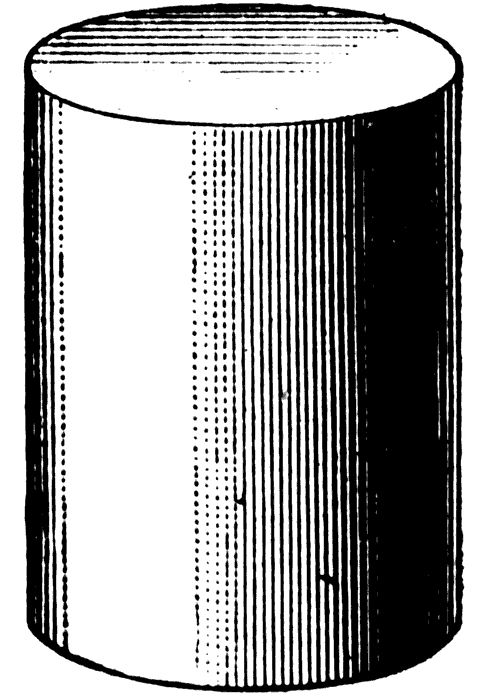|
|
LITR 5431
Literary & Historical Utopias
|
|
Arnecia Harris
04/13/2019
Sixties Utopian Movement
What started out as a search for civil rights utopias
turned into a more general search of African American utopias. The original
search for civil rights utopias was to find journals which applied utopian
theory to the Civil Rights movement. I recall in our conversation; you mentioned
the Dr. King’s Dream Speech. So, when I began my research, I expected to find a
plethora of articles documenting the utopian views of the Civil Rights Movement.
Either I did not use the correct search terms or did not widen my search enough,
but my queries did not generate those types of results.
My results featured a wide range of Utopias; from
analysis of a Utopian author from the 1880s to the analysis of African American
utopias from different eras. The consistent theme in all the articles I found,
was the underlying search for economic freedom. Social justice, such as having
the right to vote, was secondary to economic freedom. There were several
references to African American Utopian communities popping up from as early as
the Reconstruction era until the heart of the Civil Rights movement. African
American Utopia literature was develop
In “Black Utopia in Early Reconstruction New Orleans,”
their utopia was from the perspective of African American freedmen during the
Reconstruction era in Louisiana. The freedmen felt that the social change was
not enough. It wasn’t that they did not care about social justice, such as the
right to vote; they felt that economic emancipation would allow black people to
break away from the current economic structure. Their utopia “required the
economic emancipation of the freedmen through the overthrow of the propertied
class and its replacement by "voluntary associations of workers who themselves
would own the property on which they labored.” In this Utopian community, it was
intended to ensure that African Americans of all classes received the fruits of
their labor. They would receive a wage, as well as a portion of the profits (p.
444). The first test case was a bakery where individuals would invest into the
business and run the operations. Ultimately what failed the venture into this
Utopian society was a lack of capital, lack of trust by the people it was meant
to serve, and the fragile business plan.
Fast forward approximately 100 years, Civil Rights
attorney, Floyd McKissick embarked on a journey to create a Utopian community in
Soul City, North Carolina. "Unless the Black man attains economic independence,
any 'political independence' will be an illusion” (59). As with the attempt
to create the Utopian community in New Orleans, Soul City started off with a lot
of support from both black and white people. However, in the article, “Soul
City, North Carolina: Black Power, Utopia, and the African American Dream,”
Christopher Strain detailed the problems which plagued the Soul City development
from the very beginning (1973) until its demise in 1979. While there were many
contributing factors as to the demise of Soul City, according to Strain, the
biggest flaw in the development of Soul City lies in the fact that he did not
successfully draw industry to the city in order to support jobs for the
residents. (p. 68)
In addition to finding results relating to Utopian
economic independence for African Americans, there were several articles
discussing African American utopian literature. An article that stood out was
written by Amber Foster. In her “Nancy Prince’s Utopias: Reimagining the African
American Utopian Tradition,” she pointed out that at the same time African
Americans were creating Utopian communities in the 1800s, that there were
several African American Utopian authors who were published, but not as widely
popular as others in that era.
According to Foster, African American utopian novels
were dismissed as underdeveloped or lacking literary significance. (p. 331). It
was only in the latter half of the 19th century that African American
Utopian literary works began being recognized and analyzed. The publication of
African American utopian literature was very limited, specifically those written
by women. However, literary works focusing on slave narratives were published
and widely distributed. (p. 332)
While my brief research did not fully answer my
questions regarding specific Civil Rights Movement utopia, it actually changed
my view of African American history. The scale of African American utopias that
were launched before and after changes the narrative of my perception of African
Americans who were freed from slavery was ended.
Foster, Amber. “Nancy Prince's Utopias: Reimagining the
African American Utopian Tradition.” Utopian Studies, vol. 24, no. 2, 2013, pp.
329–348. JSTOR,
www.jstor.org/stable/10.5325/utopianstudies.24.2.0329.
Strain, Christopher. “Soul City, North Carolina: Black
Power, Utopia, and the African American Dream.” The Journal of African American
History, vol. 89, no. 1, 2004, pp. 57–74. JSTOR,
www.jstor.org/stable/4134046.
Trodd, Zoe. A Negative Utopia: Protest Memory and the
Spatio-Symbolism of Civil Rights Literature and Photography
Vandal, Gilles. “Black Utopia in Early Reconstruction
New Orleans: The People's Bakery as a Case-Study.” Louisiana History: The
Journal of the Louisiana Historical Association, vol. 38, no. 4, 1997, pp.
437–452. JSTOR,
www.jstor.org/stable/4233445.
Grall, Vanessa. The All-Black Utopian Ghost City that
Lost its Soul.
https://www.messynessychic.com/2016/04/19/the-all-black-utopian-ghost-city-that-lost-its-soul/
April, 2016.
Rosen, Armin. African. Hebrew. Israelite. “The most
successful African-American utopian separatist project in history is located in
a desert town in Israel,”
https://www.tabletmag.com/jewish-arts-and-culture/282261/african-hebrew-israelite.
March, 2019.




